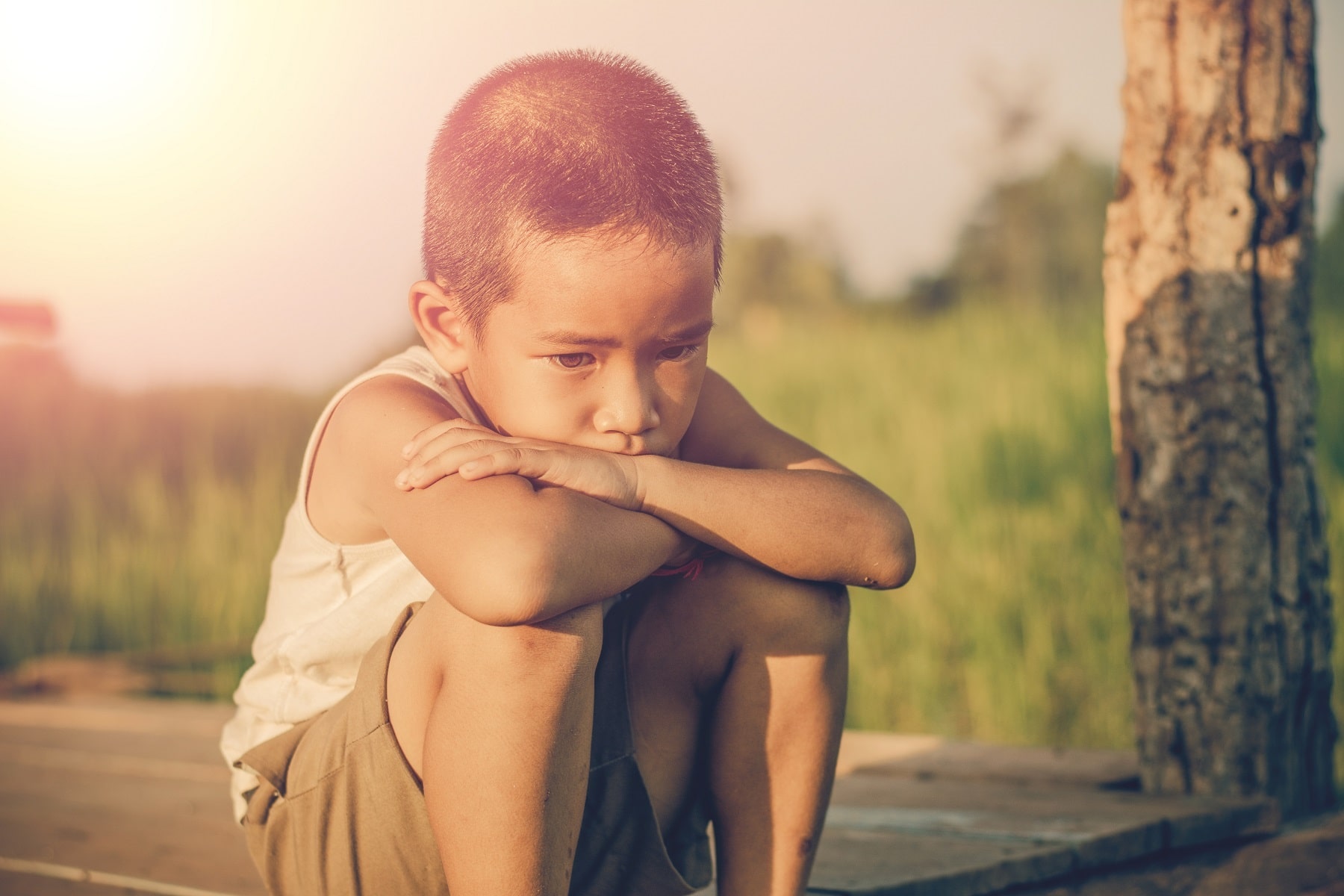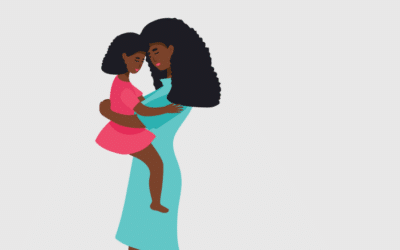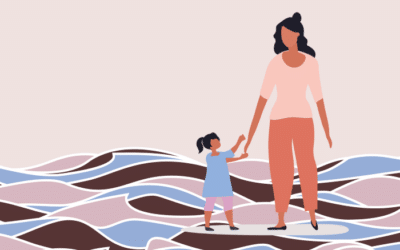The Spruce – April 4, 2017
by Carrie Craft
When a child enters your home, whether through adoption or foster care, they come with a tremendous amount of grief and loss. Losses that include birth parents, extended family, home, pets, neighborhoods, schools, friends, treasured belongings, and in some cases culture.
Don’t discount the loss of “the little things” like a favorite climbing tree. I’ve had children talk about their favorite toys, friends, or even the lunch lady at school.
People and things make a big impression on us, this is the same for our children.
As parents we hurt when our children hurt. If we want to help the child grieve we must first better our understanding of grief and loss.
The Stages of Grief and Loss
Grief is very personal. Each person will go through grief at her own pace, time, and order. When I speak of order I’m referring to Kubler-Ross’ well known stages of grief established in 1969. They are:
- Shock/Denial
- Anger
- Bargaining
- Despair/Depression
- Acceptance/Understanding/Resolution
Here is an example of what grief and loss may look like in a child who is missing her birth family after entering a foster or adoptive situation.
- Shock/Denial – ‘My family will be here soon to pick me up.’ The child stands by the door and waits, peering out the window from time to time.
- Anger – ‘I hate Social Workers. They don’t understand anything about my family’ or ‘Police officers lied about my dad. He wouldn’t do any of the things they said he did.’ The child may cry uncontrollably or become angry at the foster/adoptive parents for making simple requests like asking the child to get ready for bed or being told ‘no.’
- Bargaining – The child may now realize that they will be in the foster/adoptive home for some time. The child may silently pray or believe the following: ‘If I’m allowed to go home I’ll be the best kid. I will help keep the house clean. I will get the top grades in school.’
- Despair/Depression – ‘Who is going to take care of me? Did I make this happen? I give up. Why me? I’m so alone.’
- Acceptance/Understanding/Resolution – ‘I’m here in this home, but I’m safe. This is not my fault. I did not make this happen. Adults make choices for me. I need to do my best to share my feelings with adults around me that I trust. I will get through this and be OK.’
Some children may get stuck in a stage, like ‘Anger.’ Others will bounce between stages many times before hitting ‘Understanding.’ And still others will ‘Bargain,’ before going through ‘Denial.’ Kubler-Ross stated that it could take an adult 2 years to grieve the death of a loved one. It was also noted that an 18-month old child who loses her parents could take up to 6 years to fully grieve and come to a resolution of that loss. Again, grief is personal.






